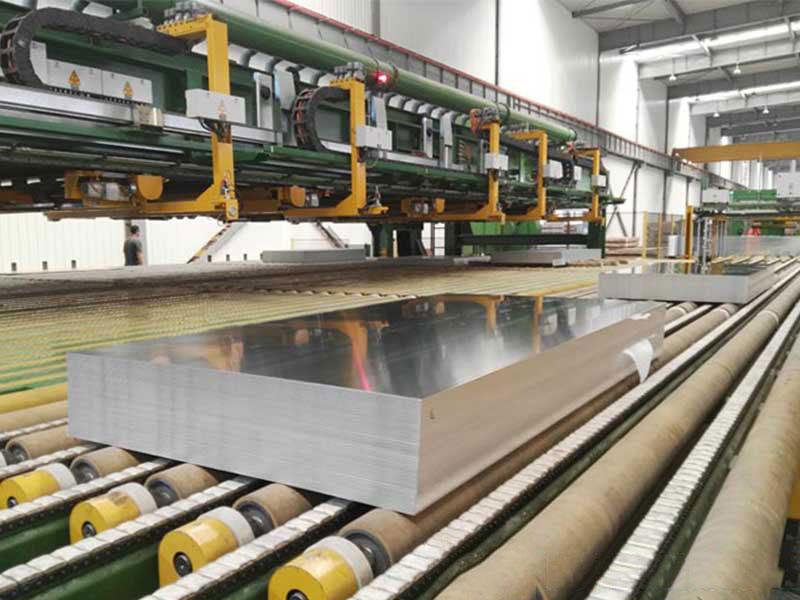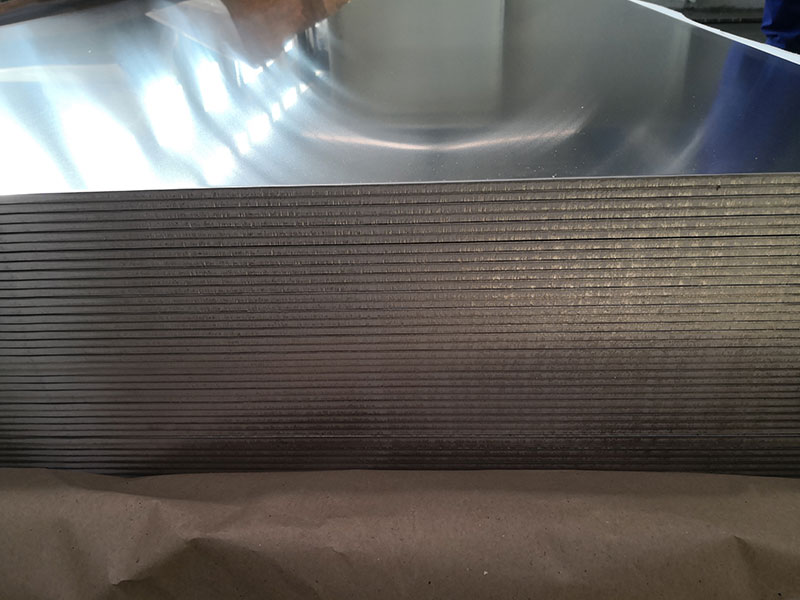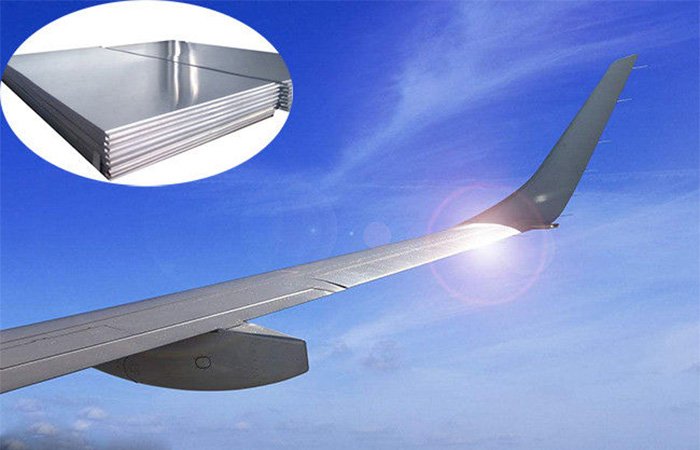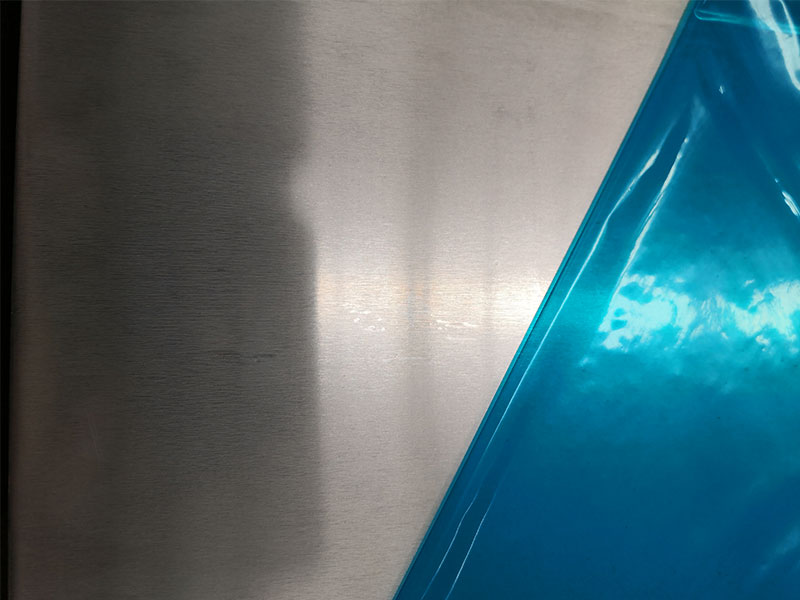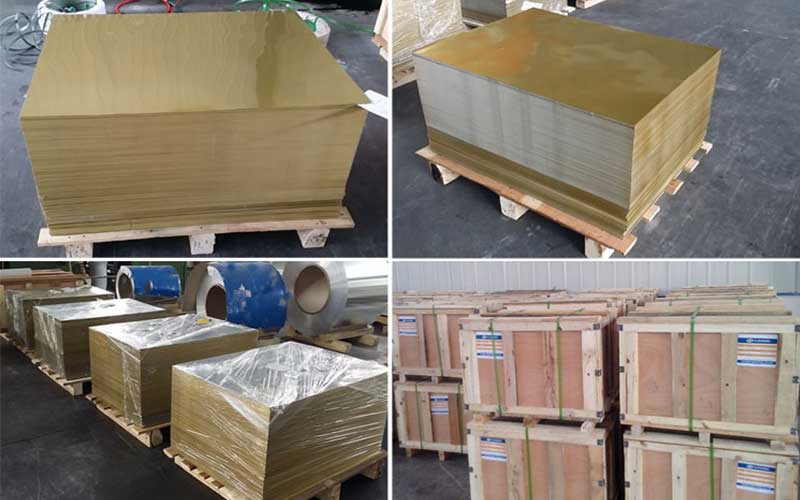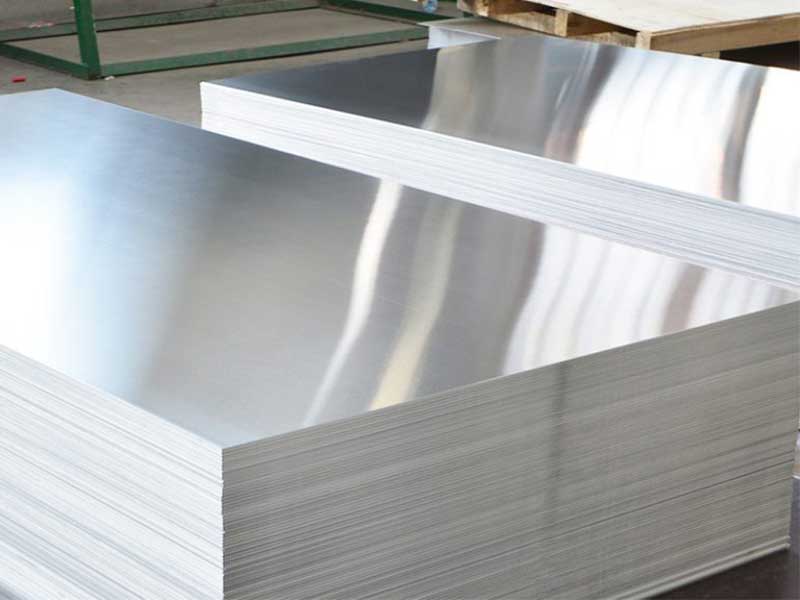Aluminum Sheet 5mm Thick 3mm Thick
Aluminum sheets play a critical role in a multitude of applications spanning different sectors. In particular, the 5mm and 3mm thick aluminum sheets offer unique advantages based on their thickness, making them suitable for a wide range of functions.
Aluminum Sheet Basics
Aluminum, as a material, is renowned for its exceptional durability and lightweight nature. Sheets manufactured from aluminum, typically with a thickness range from 0.5mm to over 15mm, are malleable and easier to fabricate compared to other metals. The difference in thickness has direct implications on an aluminum sheet's strength, weight, flexibility, and suitability for various applications.
The production of 5mm and 3mm thick aluminum sheets presents distinct challenges despite their shared material. The 5mm sheet requires significantly more energy during the rolling process, leading to increased wear and tear on the mill rolls and potentially higher energy costs. Furthermore, achieving consistent thickness and flatness across a large sheet is more demanding with the thicker gauge. Defects such as edge cracking or surface imperfections are more pronounced and harder to rectify in 5mm sheets compared to 3mm, often necessitating more rigorous quality control measures. This also impacts yield rates, as more sheets might be rejected during inspection.
Conversely, the 3mm sheet, while easier to produce, presents its own set of concerns regarding surface finish and handling. Thinner sheets are more prone to scratching and denting during handling and transportation, demanding greater care throughout the production and logistics processes. While the rolling process is less energy-intensive, maintaining precise gauge consistency is crucial to meet customer specifications, especially for applications requiring high precision. Furthermore, achieving a uniform, blemish-free surface on the thinner sheet becomes paramount for applications demanding aesthetic appeal. Balancing these production considerations is vital for efficient and cost-effective manufacturing of both sheet thicknesses.
The 3mm Aluminum Sheet: Lightweight Yet Robust
The 3mm thick aluminum sheet is an excellent choice in scenarios where weight reduction is paramount, yet strength cannot be compromised. With tensile strength typically ranging from 20,000 to 30,000 psi, it offers optimal formability while being inherently corrosion-resistant due to the small insulating oxide coating that naturally forms on its surface.
Applications:
- Automotive Industry: Widely used in vehicle body panels. The 3mm aluminum sheet minimizes weight without sacrificing integrity, enhancing fuel economy.
- Construction Panels: Often utilized as cladding materials for residential and commercial buildings, offering an aesthetic surface that is also functional.
- Industry Equipment: Electronics housing allows decreasing weight in assemblies without compromising electrical integrity, keeping devices portable.
The 5mm Aluminum Sheet: Exceptional Strength
In contrast, the 5mm thick aluminum sheet delivers enhanced strength making it a robust option for demanding applications. With similar tensile values, the 5mm configuration benefits from greater stiffness, reducing deflections and vibrations in applications where load-bearing capacity is crucial.
Applications:
- Marine Components: Used in shipbuilding for hulls and decking. The thickness ensures it supports environmental stresses while being less prone to bending or human error during construction.
- Industrial Flooring: Selected in manufacturing plants to create load-bearing walkways or supports for high machinery, ensuring both functionality and safety.
- Structural Engineering: Preferred for constructed partners leading to heightened support – ideal in framework construction even for bridges, where sturdy support visuals can’t appear overwhelming.
Technical Specifications Overview
When assessing aluminum sheets, it is essential to consider the underlying technological elements that differentiate each option.
- Weight: The density of aluminum averages about 2.7 g/cm³, with both 5mm and 3mm sheets maintaining lightness, facilitating ease in transport and handling while retaining functionality.
- Thermal Conductivity: Aluminum has superb thermal conductivity (with values range up to 235 W/m∙K), making both thicknesses favorable materials for heat shielding in sensitive manufacturing applications.
- Weldability: Sheets of thickness 3mm or more respond excellently to standard welding techniques (MIG/MAG and TIG), aiding in integrity during assembly.
https://www.aluminumplate.net/a/aluminum-sheet-5mm-thick-3mm-thick.html


